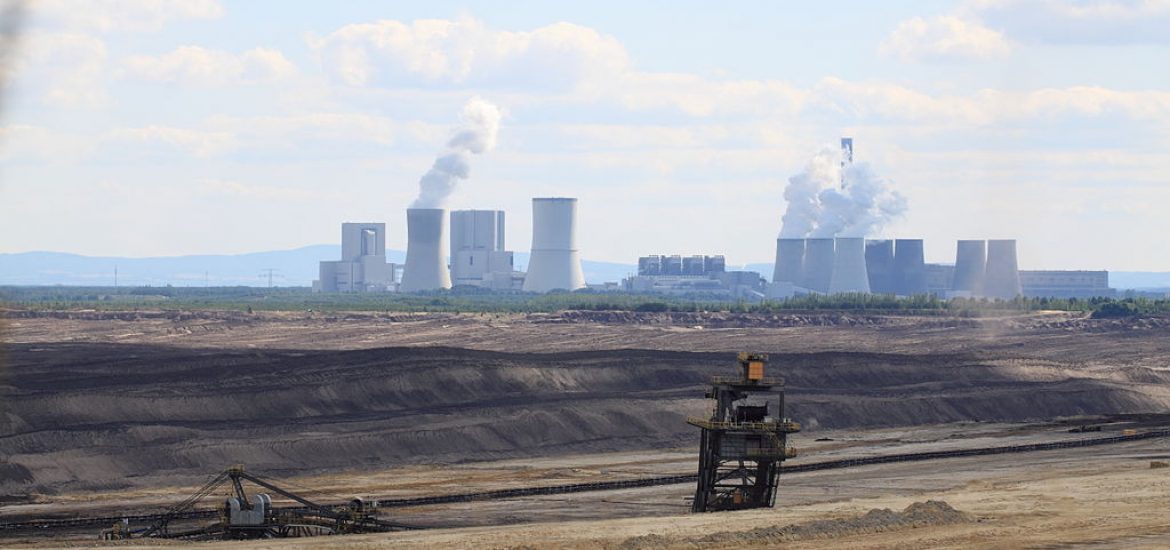
A German government commission after seven months of talks has proposed the phase-out of all 84 of its coal-fired power stations by the distinctly unambitious date of 2038.
The commission’s recommendations are expected to be adopted by Chancellor Angela Merkel’s administration but must also be reviewed by the 16 regional states.
An agreement was reached on the filthy fossil fuel after 21 hours of talks with only one opposing vote in the 28-member commission.
“This is a historic accomplishment,” said Ronald Pofalla who chaired the commission. “It was anything but a sure thing. But we did it. There won’t be any more coal-burning plants in Germany by 2038.”
German Finance Minister Olaf Scholz welcomed the proposal, saying it was important to keep power prices stable while creating alternative jobs in coal-producing regions.
“If we all work hard and don’t lose sight of the joint goal, then we can further develop Germany into a role model in energy politics,” he told Frankfurter Allgemeine Zeitung.
Germany, one of the world’s biggest consumers of coal, plans to shut down all nuclear power plants over the next three years as a result of the 2011 Fukushima disaster.
Twelve of Germany’s 19 nuclear plants have been closed so far.
Germany produces nearly 40 per cent of its electricity from coal, significantly higher than the figures in most other European countries, and has failed to meet targets agreed under the 2015 Paris climate agreement.
Financial agreements and the date of the phaseout were the key sticking points for the commission with energy companies insisting on compensation to prevent rising electricity prices.
Germany’s coal-producing regions demanded financial commitments to cope with the transition, including relief for stakeholders and support for consumers.
The plan includes some US$45 billion in spending to mitigate the impact in coal regions.
By 2023, energy producers like RWE and Uniper will reportedly be asked to remove about 12 gigawatts of capacity or about 24 large power stations.
“It’s a big moment for climate policy in Germany that could make the country a leader once again in fighting climate change,” said Claudia Kemfert, an energy economist at DIW Berlin or Institute for Economic Research. “It’s also an important signal for the world that Germany is again getting serious about climate change: a very big industrial nation that depends so much on coal is switching it off.”
Lignite accounts for a large proportion of Germany’s air pollution woes. Picture credit: Wikimedia





